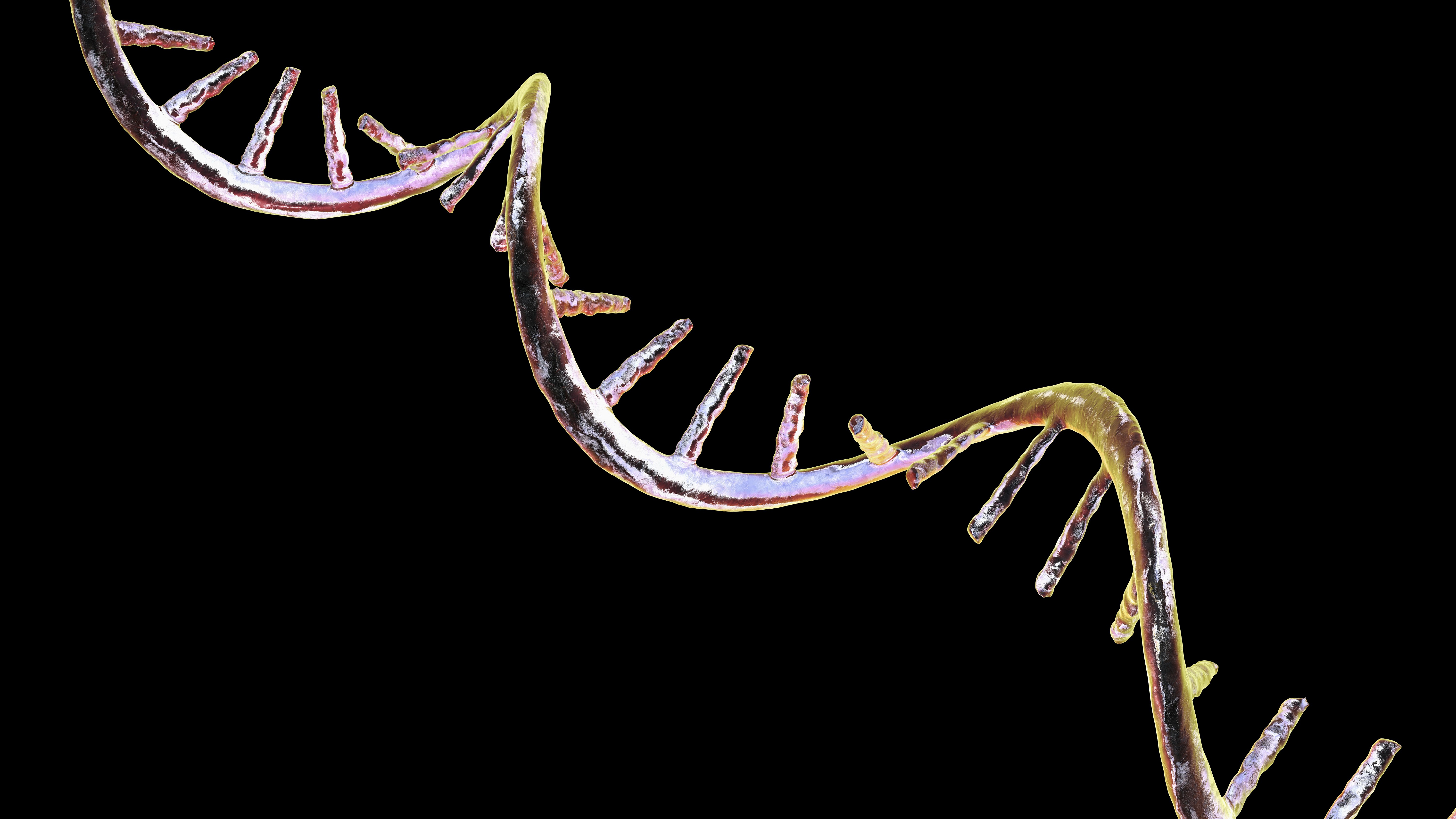The Healthy Geezer: What's Sciatica?
Question: I'm getting pain in my right leg and my doctor says its sciatica. Could you write one of your columns about this?
Answer: Sciatica is pain that runs down the sciatic nerve from your lower spine to your buttock and down the back of your leg. Age-related changes in the spine are a common cause of sciatica.
Other sciatica symptoms include numbness, muscle weakness, a burning sensation and tingling. In rare cases, there is a loss of bladder or bowel control. Usually only one side of your body experiences sciatica.
Most of the time, sciatica goes away within a few weeks of rest. If it doesn't go away, see a doctor. About 85 percent of patients with sciatica get better over time without surgery.
Sciatica is caused by damage to the sciatic nerve, which is the longest nerve in the body. This nerve controls the muscles of the back of the knee and lower leg and provides sensation to the back of the thigh, part of the lower leg and the sole of the foot.
A common cause of sciatica is a herniated diskalso known as a ruptured or slipped disk. Disks are pads of cartilage that cushion the vertebrae in your spine. If a disk ruptures, it can press against a nerve root in your spine causing pain.
Other causes of sciatica include:
Get the world’s most fascinating discoveries delivered straight to your inbox.
- Trauma. A blow to your spine can injure nerve roots.
- Tumors. As they grow, tumors can compress the spinal cord or the nerve roots.
- Stenosis. If sections of the spinal canal narrow, there can be pressure on the spinal cord.
- Piriformis syndrome. The piriformis muscle runs from your lower spine to each thighbone. This muscle can put pressure on the sciatic nerve.
- Spondylolisthesis. This occurs when one vertebra slips slightly forward over another vertebra and pinches the sciatic nerve. This condition is often caused by degenerative disk disease.
Cigarettes are bad for your back. Smoking increases your risk of developing sciatica by blocking the body's ability to deliver nutrients to the disks of the lower back.
Get emergency treatment for sciatica if: you have sudden, severe pain in your low back or leg; numbness or muscle weakness in your leg; pain following a violent injury, or you have trouble controlling your bowels or bladder.
There are many ways to treat sciatica that include: injections, pain-relieving drugs, muscle relaxants, hot or cold packs, physical therapy and surgery.
To avoid sciatica, you should:
- Exercise regularly
- Sit with good posture and lumbar support
- Take frequent breaks if you work at a desk
- Adjust your car seat so that your knees and hips are level and you aren't overreaching for the pedals.
- If you stand for long periods, rest one foot on a stool. (Bar rails were invented to reduce back discomfort.)
- When lifting, bend your knees, not your back. Lift with your legs.
- Carry objects close to your body.
- Don't reach and lift objects; pull them close to you first. Remember this tip when emptying a car trunk.
- Sleep on a good mattress; if you wake with back pain, you need a new one.
I have a slightly herniated disk that has given me sciatica, I've gone to a chiropractor, physical therapists and tried many self-help techniques.
I've had the most success following the instructions in a book entitled, Treat Your Own Back. The author is Robin A. McKenzie, a New Zealand physiotherapist. I recommend it to all my friends who suffer from back pain.
If you would like to read more columns, you can order a copy of "How to be a Healthy Geezer" at www.healthygeezer.com
All rights reserved


